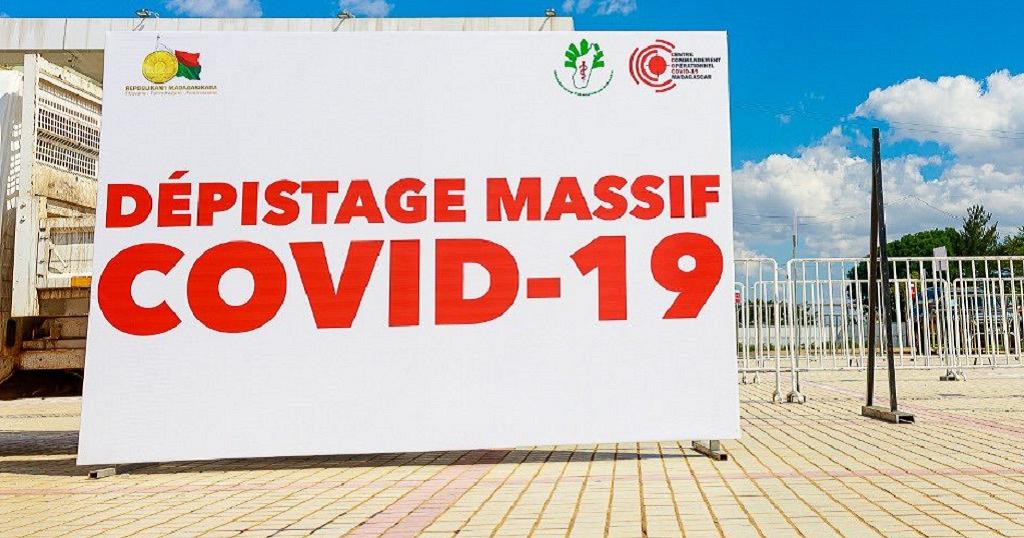
In the past few weeks, as the extent of the coronavirus pandemic in Africa became apparent, it also became obvious that higher learning institutions needed to repurpose their resources to help the fight against COVID-19. In recent days, we’ve seen universities across the continent stepping forward to answer the clarion call; drawing on faculty expertise, campus facilities, logistical assets, research labs, and campus leadership to provide just-in-time assistance in the battle against the pandemic. In this article, our team has highlighted some efforts from African institutions towards this fight, the list is surely not exhaustive and we sincerely salute all those in the academia across the continent that are working tirelessly to defeat this pandemic.
Clinical Trials, Drug Development
In the hope of contributing towards assisting the treatment of patients with severe effects related to COVID-19, Stellenbosch University in South Africa has collaborated with AzarGen Biotechnologies (Pty) Ltd, to develop SynSurf®, a synthetic pharmaceutical to be tested as a supportive agent for the treatment of Acute/Adult Respiratory Distress Syndrome (ARDS), which has been cited as one of the major reasons that COVID-19 patients become critically ill and/or die.
The University of Nairobi has been selected to play a leading role following the selection of Kenya by the World Health Organization (WHO) as a testing site for vaccine trials. A team of scientists is currently studying how the coronavirus is responding to treatment.
A team of scientists at the University of Ghana have successfully sequenced the genome of the coronavirus in collaboration with scientists from the Noguchi Memorial Institute for Medical Research and the West African Centre for Cell Biology of Infectious Pathogens. This represents an important milestone in understanding the variations of the virus.
The Centre for Innovative Drug Development and Therapeutic Trials for Africa (CDT-Africa) at the University of Addis Ababa, Ethiopia and the University of Pretoria in South Africa, by their participation in the World Health Organization’s multi-Centre clinical trial for Africa, are individually developing standards for clinical trials for COVID-19 treatments in Africa. They are part of a global COVID-19 Clinical Research Coalition of over 70 institutions from more than 30 countries.
Tracking, modeling of virus infections
The availability of accurate and timely data has been very important in tracking the spread of the coronavirus. Some universities have developed dashboards to model issues related to the COVID-19 phenomenon.
A team of researchers at the University of the Witwatersrand in South Africa has developed an interactive dashboard to track and model the spread of the virus based on information from local sources, the National Institute for Communicable Diseases, and the WHO. The dashboard provides a day-by-day account of the tests and recorded infections and nuances in the data by province. In addition, the University of Cape Town is working on the epidemiological modeling of COVID-19 in Cape Town. while the University of Ghana has a new 617-bed teaching hospital which is now used as one of the care centers in Ghana.
Ventilators, Personal Protective Equipment, and Testing Materials
The lack of ventilators is one of the biggest challenges facing the health system during the coronavirus epidemic. An increase in conventional ventilator production is very likely to fall short of global demand and with a high associated cost.
As a result, Kenyatta University in Kenya has come up with its make of a ventilator. If the prototype is approved, KU Vice Chancellor Paul Wainaina said the institution has the capacity to produce 50 ventilators a week.
In Zimbabwe, Harare Institute of Technology has developed a ventilator and has the potential to make 40 per day, in addition to producing 1,000 liters of sanitizer a day. The National University of Science and Technology (NUST) has started producing testing equipment for COVID-19. The government has said the University of Zimbabwe has the capacity to produce 60,000 masks and 5,000 liters of sanitizer per day, while Midlands State University can produce 42,000 liters and 10,000 masks a month.
Makerere University is collaborating with Kiira Motors Corporation and the Ministry of Science, Technology, and Innovation in Uganda to develop open design low-cost ventilators to meet local demand.
In South Africa, Stellenbosch University is utilizing 3D printing to assemble visors, to be used as protective gear, for those working on the frontline of fighting Covid-19.
Public education and Awareness
The Association of African Universities had been encouraging members to take an active role in educating communities about the disease. As a result, the University of Ghana, in collaboration with Noguchi Memorial Institute for Medical Research, has formed a joint emergency response team to spearhead a prevention and awareness campaign against Covid-19.
Makerere University has developed an online Coronavirus Resource Centre to provide comprehensive and fact-based information on the virus to the public and policy-makers while in Nigeria, Obafemi Awolowo University in Nigeria has produced educational handbills in English and Yoruba to support efforts at educating the public on the pandemic.
Though the response from African universities has been commendable, it is still constrained by limited research capacity and resources.
Photo courtesy / Google
Article by Research Beeline team

Comment